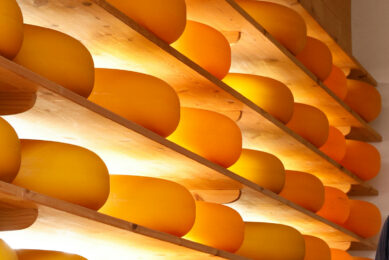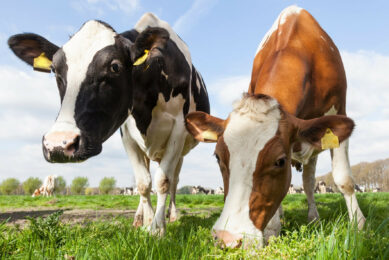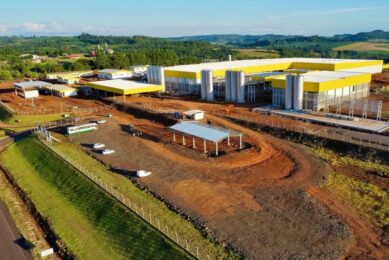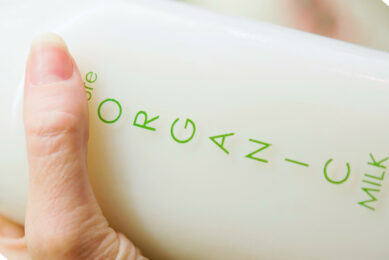Brazil-France partner to push cheese production
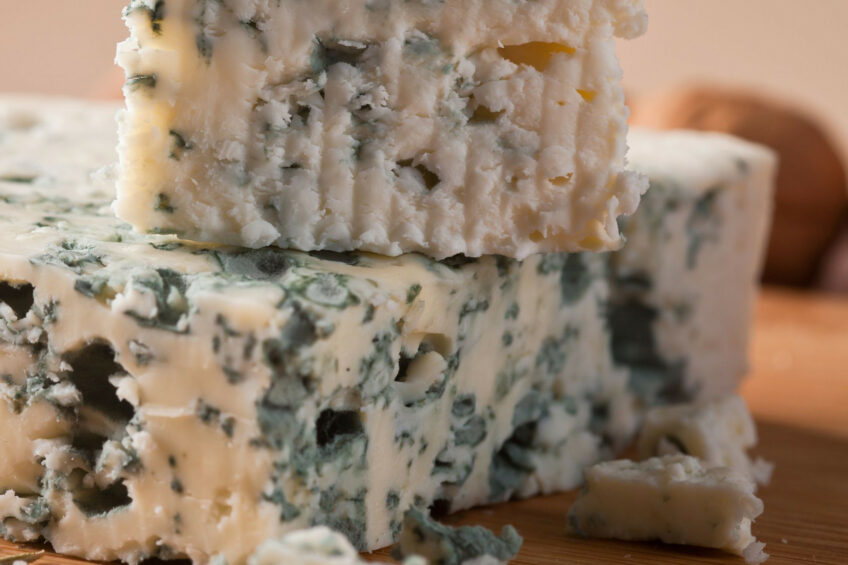
A collaboration between the State of São Paulo and the French embassy aims to establish between 5 and 10 cheese production schools in Brazil.
It all kicked off with a workshop held in January, bringing together representatives from organisations linked to the Secretariat of Agriculture (SAA), producers, as well as French specialists appointed by diplomatic representation.
The event featured the participation of French professor Maxence Virelaude, the president of the Paulista Association of Artisan Cheese (APQA), Christophe Faraud, and the president of the Sectoral Cheese Chamber of São Paulo, Martin Breuer.
According to Virelaude, the creation of these cheese schools should respect the ecosystem and the specific needs of each region, with a focus on hygiene. “Knowledge on producing high-quality milk is essential and must be part of the course,” he added.
São Paulo cheese
The state of São Paulo is the largest cheese consumer in Brazil, both due to its population size (about 44 million inhabitants) and its economy. The president of APQA stated that the state has more than 5,000 cheese producers. “This project is highly relevant for training and improving local production,” he said.
Daniel Gomes, director-general of the Paulista Agency for Agribusiness Technology (APTA), an institution of the São Paulo state government, believes that the initiative is highly promising. “The partnership between the French embassy, SAA, and the private sector will have a major impact on cheese production in our state, driving diversity and quality,” he emphasised.
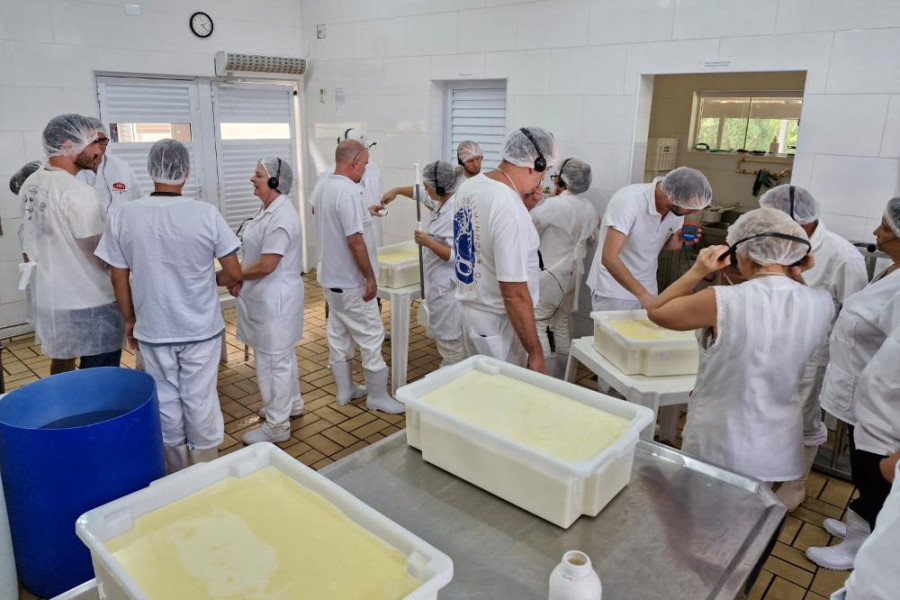
The aim is that with this project there will be 5 cheese production training units within public structures in São Paulo state. The selected cities are Pindamonhangaba, Santa Cruz do Rio Pardo, Cerqueira César, Presidente Prudente, and Campinas. Following this, 5 additional units would be distributed across other regions in the province, in collaboration with the private sector.
“The goal is to cover all regions of the state. The producers will receive training by government technicians in partnership with French specialists,” added Gomes.
Professor Virelaude presented the model of the 6 French dairy schools (ENILs), that offer industrial and artisan training in the European country. According to him, one of the most important aspects is having a network of livestock farmers and high-level zootechnical services to produce quality milk.
Blue cheeses
During the 3-day workshop, the delegation dedicated itself to blue cheese production, learning about the manufacturing stages, using various methods and tools. The group closely followed the techniques of coagulation and drainage of curds and the creation of veins in this type of product. The training also focused on marbled curd finishing, maturation, and identifying defects in production.
At the end of the workshop, the group discussed their experiences and lessons learned. For participant Paula Florence Vergueiro from Leiteria Santa Paula, the event provided a unique experience. “Christophe and the entire team gave us this incredible opportunity with such talented and competent individuals such as Professor Maxence.”
Meanwhile, participant Natalia Quagliato was excited to apply the techniques she had learned in the course.“Many techniques were new to me. I have been making cheese for 30 years, and this was the best cheese I have ever made. I learnt a lot from everyone, and I wish success to all participants.”
Join 13,000+ subscribers
Subscribe to our newsletter to stay updated about all the need-to-know content in the dairy sector, two times a week.



